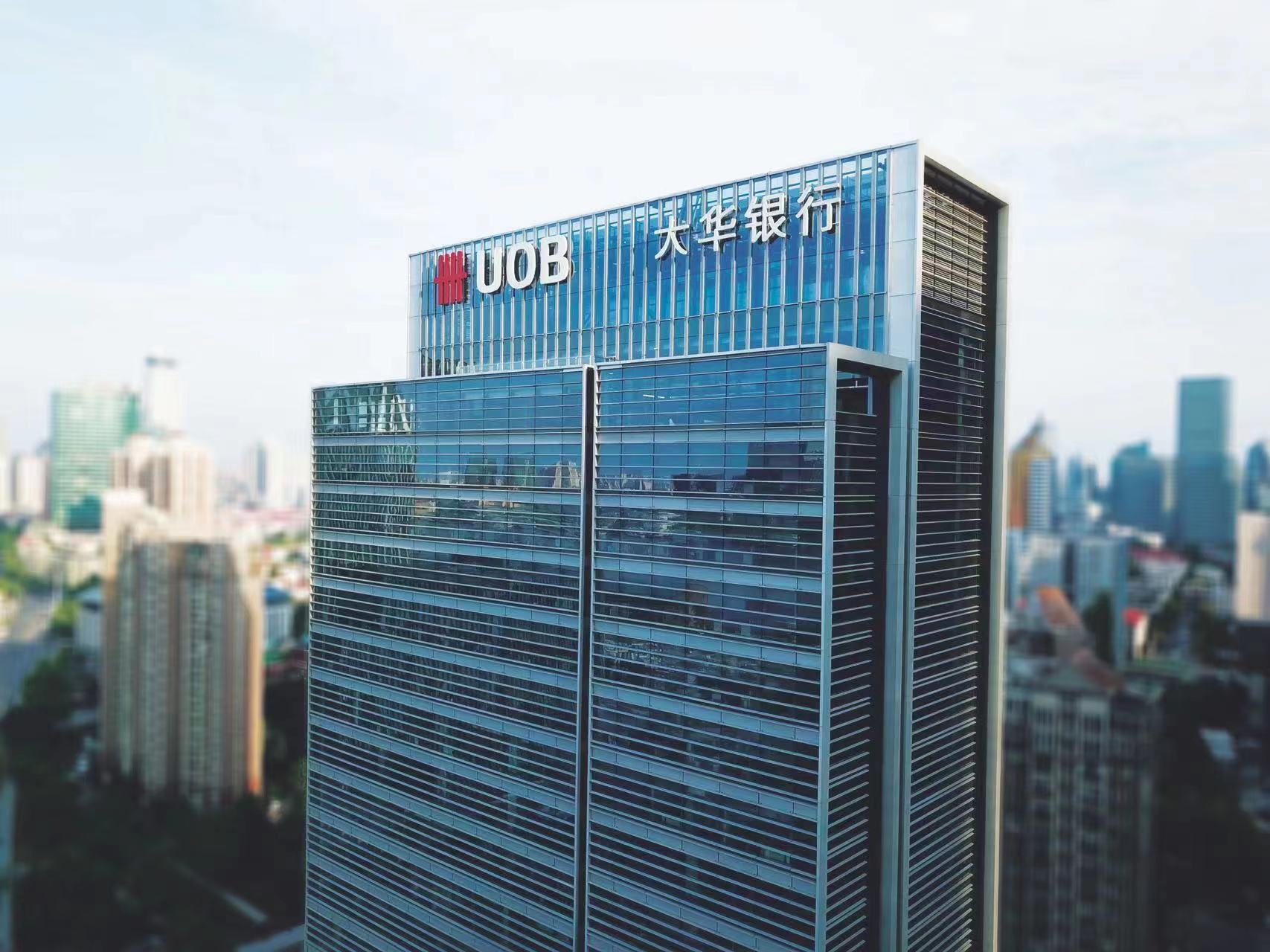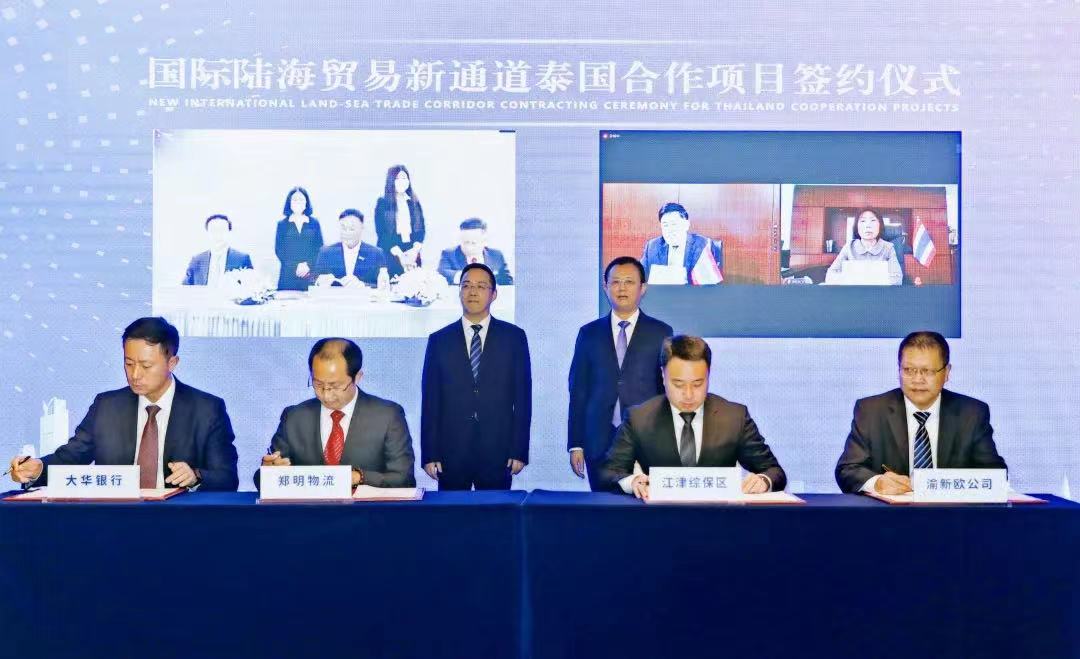 Bridging News
Bridging News
Driving the Cross-border Flow of RMB and Southeast Asian Currencies | Insights
Chongqing - Adaline Zheng, Alternative Chief Executive Officer (CEO) and Head of Wholesale Banking at United Overseas Bank Limited (UOB) China, emphasizes the importance of adopting comprehensive cross-border solutions when Chinese enterprises expand overseas.
According to Zheng, such solutions can enhance funding and operational efficiency and strengthen risk management, enabling Chinese companies to navigate the complex and challenging market environment abroad with greater ease and achieve long-term success.

Adaline Zheng, Alternative Chief Executive Officer (CEO) and Head of Wholesale Banking, UOB China. (Photo/UOB)
Intra-regional investment facilitation under the RCEP
China has been the largest trading partner of the Association of Southeast Asian Nations (ASEAN) for 13 consecutive years since 2009, with ASEAN being China's largest trading partner for two years in a row. This trend has made the ASEAN market a new growth hub for Chinese companies, especially after the Regional Comprehensive Economic Partnership (RCEP) came into effect.
To seize business opportunities, optimize operating costs, and improve supply chain security, domestic enterprises actively expand their participation in regional industrial and supply chains by leveraging the harmonized Rules of Origin, lower tariffs, enhanced investment transparency, and intra-regional investment facilitation under the RCEP.
Adaline Zheng said, "These measures under the RCEP will greatly enhance the confidence of Chinese enterprises and drive more foreign direct investment from China to ASEAN." Thus, Chinese companies are expected to proactively look for ways to benefit from the RCEP and navigate challenges to achieve future success in the ASEAN market.

UOB Singapore provides a wide range of personal banking and financial planning products. (Photo/ UOB)
Cross-border finance facilitates multinational clients
The UOB is committed to delivering uninterrupted and secure services to its customers, even amidst the complex economic environment, according to Adaline Zheng.
As a multinational banking corporation headquartered in Singapore, UOB greatly emphasizes cross-border finance and cooperation, providing customers with seamless connectivity and progressive solutions, such as cross-border two-way sweeping, centralized cash management, and cross-border renminbi (RMB) trade financing.
Zheng highlighted the significance of these solutions for multinational clients, enabling them to manage cash across entities more effectively by offsetting their surplus and deficit balances. Additionally, UOB China has been expanding its product capabilities in financial supply chain management, including credit approval processes, product design, implementation, and cross-border services.
One-stop cross-border solutions are essential to meet the diverse needs of customers, and the ASEAN currency one-stop service for offshore transactions is a prime example, according to Zheng. With the newly enforced RCEP trade agreement, cross-border trade between China and ASEAN is expected to expand. UOB plans to utilize its ASEAN currency one-stop service to reduce financing, and foreign exchange (FX) costs and streamline FX risk-hedging transactions for businesses.
The service facilitates the direct exchange of RMB with multiple currencies, such as the Singapore dollar, Thai baht, Malaysian ringgit, and Indonesian rupiah, while also offering financing and hedging solutions in ASEAN currencies. "It enabled us to help drive the cross-border flow of RMB and Southeast Asian currencies and support regional economic integration," noted Zheng.

UOB China signed Thailand cooperation projects for the New International Land-sea Trade Corridor (ILSTC). (Photo/ UOB)
 Related Stories
Related Stories